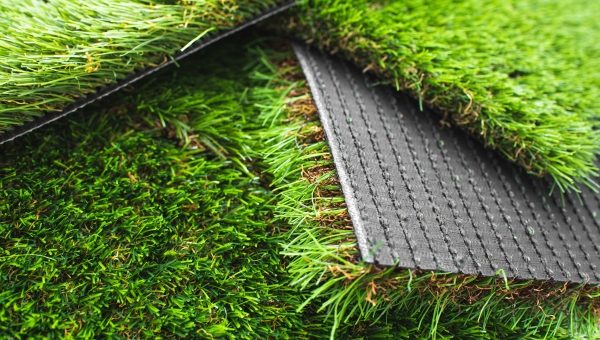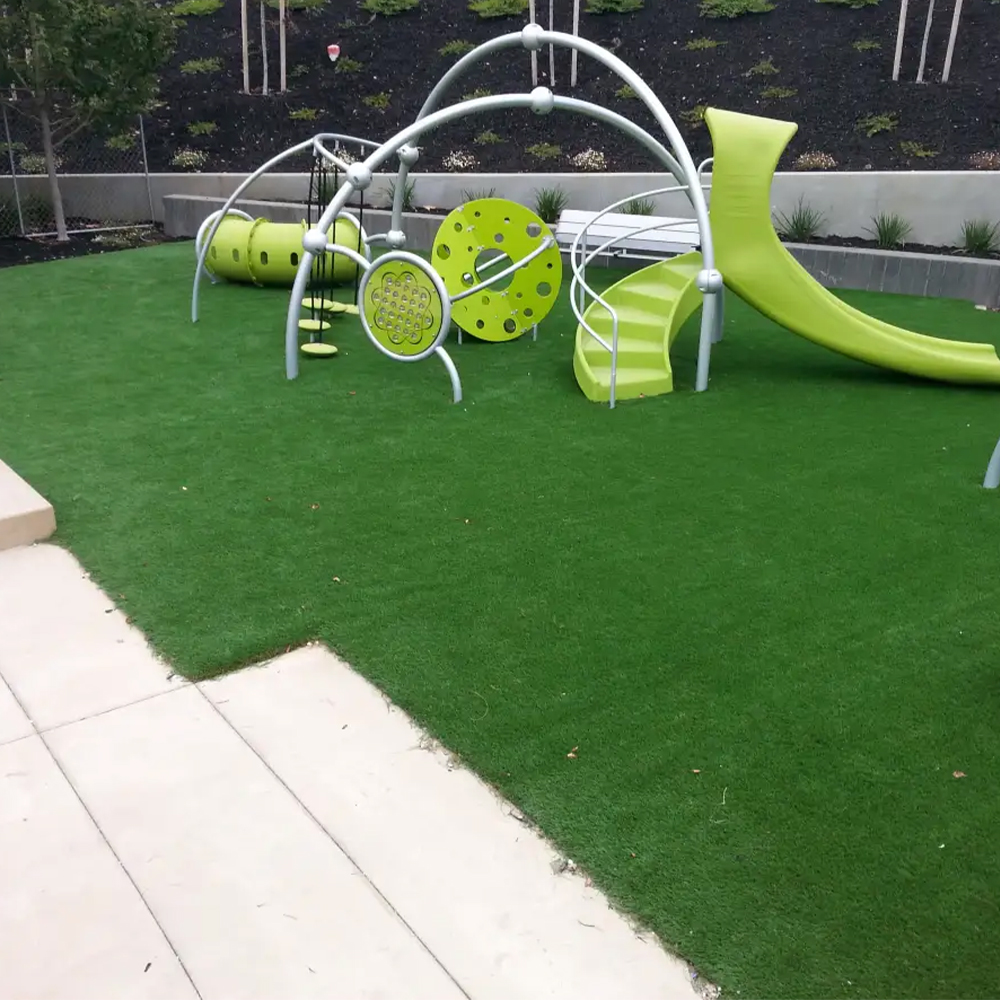Delve Into the Environmental Conveniences of Opting for Synthetic Grass Solutions
The fostering of synthetic grass remedies provides an engaging opportunity to resolve pushing ecological obstacles. By dramatically minimizing water usage and lessening the application of harmful chemicals, these alternatives not only advertise lasting landscaping however also safeguard neighborhood communities. The reduced carbon impact linked with decreased maintenance tasks contributes to a much more sustainable method to land management. However, the implications of these advantages expand past mere preservation initiatives, elevating concerns about their lasting effect on habitat conservation and general eco-friendly equilibrium. Discovering these measurements reveals a complex interaction worth thinking about.
Water Conservation Conveniences
One of the most significant advantages of synthetic grass is its ability to save water. Conventional turf lawns need considerable watering, particularly in areas vulnerable to drought or water restrictions. On the other hand, synthetic grass does not need watering, considerably lowering the total demand for water resources. This attribute is particularly helpful in dry regions where water scarcity is a pressing worry.
By getting rid of the demand for normal watering, synthetic grass adds to lasting landscape methods and assists alleviate the environmental impact of too much water consumption. Moreover, the conservation of water prolongs to the reduction of runoff, which can lead to soil erosion and waterway air pollution.
Additionally, the installation of man-made lawn allows homeowners and communities to allocate water resources a lot more successfully, concentrating on vital uses such as alcohol consumption water and agriculture. The shift towards synthetic grass not only promotes liable water use but likewise aligns with wider ecological objectives focused on protecting natural sources.
As areas significantly prioritize sustainability, the water conservation advantages of synthetic grass present a compelling case for its fostering in industrial and household landscape design jobs.
Decreased Chemical Use
The shift to synthetic grass considerably reduces the dependence on chemical treatments typically used in all-natural yard upkeep. Typical grass management normally involves the application of plant foods, chemicals, and herbicides to advertise development and control bugs. These chemicals can posture dangers to human wellness, neighborhood wildlife, and the setting, contributing to dirt and water contamination.
In comparison, man-made grass removes the demand for these dangerous materials. By decreasing the launch of artificial compounds into the community, man-made grass promotes healthier soil and water systems.
In addition, the absence of chemical runoff associated with synthetic grass installments helps protect local rivers from contamination, sustaining marine life and keeping biodiversity. Arizona turf. As neighborhoods significantly focus on sustainable practices, choosing for synthetic grass presents a feasible option that straightens with ecological preservation objectives. Via this change, homeowner can take pleasure in rich environment-friendly rooms without endangering eco-friendly health and wellness, leading the way for an extra lasting future
Reduced Carbon Footprint

Moreover, the setup of synthetic grass can result in substantial water conservation. Natural grass need significant amounts of water for irrigation, which not just contributes to the carbon impact related to water extraction and therapy however additionally stress neighborhood water sources. In comparison, synthetic grass requires minimal maintenance, needing no watering, therefore considerably lowering water usage and its linked power prices.
Furthermore, the long life of synthetic grass adds to its reduced carbon influence. With a life expectancy of as much as 15 years or even more, the need for regular substitutes is reduced, resulting in less waste and reduced energy usage in production and taking care of traditional yard options. On the whole, fabricated turf provides a sustainable option for eco aware landscaping.
Habitat Conservation
Environment conservation is a crucial factor to consider in the argument over this article landscaping choices, specifically when comparing artificial lawn to all-natural turf. Natural grass lawns typically call for considerable maintenance, consisting of making use of plant foods, chemicals, and herbicides, which can negatively influence local communities. These chemicals can leach right into the dirt and waterways, damaging indigenous plants and fauna and interrupting regional habitats.
In contrast, man-made grass presents an opportunity to minimize the environmental impact of landscaping. By going with artificial turf, homeowners can lessen the disturbance of all-natural habitats linked with standard grass care methods. Synthetic grass removes Read More Here the requirement for dangerous chemicals, consequently shielding nearby wildlife and keeping the stability of surrounding ecosystems. Moreover, the installation of synthetic grass can lead to the conversion of former lawn areas into more biodiverse landscapes, such as pollinator yards or indigenous plant areas, which can support local wildlife.
Eventually, the change to man-made turf not only saves water and lowers upkeep efforts but likewise promotes an extra unified relationship between human activities and the natural setting, promoting habitat preservation at the same time.
Long-Term Sustainability
Long-lasting sustainability is an important variable in evaluating the advantages of fabricated lawn over conventional turf yards. Among the most considerable advantages of synthetic grass is its durability; it can last as much as 15-20 years with marginal upkeep, whereas natural yard calls for frequent reseeding and substitute. This longevity minimizes the demand for consistent sources, such as water, plant foods, and chemicals, which are vital for keeping a healthy turf lawn.
Additionally, artificial grass adds to a reduction in carbon discharges associated with grass treatment tools. Typical yards frequently require gas-powered mowers, leaners, and blowers, all of which add to air contamination. Phoenix turf companies. On the other hand, synthetic grass gets rid of the requirement for such equipment, promoting a cleaner atmosphere
Additionally, the production of synthetic grass significantly utilizes recycled products, improving its sustainability account. As suppliers embrace environment-friendly methods, the environmental footprint of synthetic grass remains to reduce.

Verdict
The adoption of synthetic grass services presents significant environmental advantages, consisting of significant water conservation, reduced reliance on hazardous chemicals, and a lower carbon impact. Artificial grass help in maintaining natural habitats by reducing land disruption and advertising lasting sustainability via the usage of sturdy products. Collectively, these factors emphasize the potential of synthetic grass to contribute favorably to environmental health and provide a feasible choice to traditional landscaping techniques in a significantly resource-conscious globe.
In comparison, synthetic lawn does not require watering, dramatically reducing the total demand for water sources. By reducing the launch of synthetic substances right into the ecological community, artificial turf advertises healthier soil and water systems.
Additionally, the installment of fabricated lawn can result in considerable water preservation. In comparison, man-made grass needs minimal upkeep, calling for no watering, thus significantly reducing see page water use and its connected power expenses.
